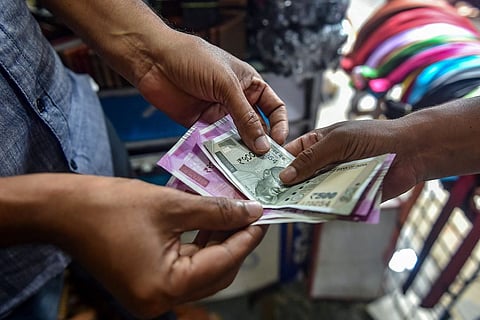

In order to promote digital transactions, the Reserve Bank of India (RBI) on Friday enhanced the transaction limit using Immediate Payment Service (IMPS) of banks to Rs 5 lakh. RBI Governor Shaktikanta Das said that the limit has been raised in view of importance of the IMPS system and for enhanced consumer convenience. The current IMPS limit is Rs 2 lakh meaning a bank consumer can transfer this amount for making any immediate money transfer on a day.
Bank consumers were seeking higher limit as IMPS offers convenience of banking transfers immediately all throughout the year and has become an important tool even among businesses for money transfers. Through banks now offer even NEFT money transfers on all days, this transfer is not immediate and suitable in a cases where certain payments had to be made immediately.
IMPS of National Payments Corporation of India (NPCI) is an important payment system providing 24x7 instant domestic funds transfer facility and is accessible through various channels like internet banking, mobile banking apps, bank branches, ATMs, SMS and IVRS.
The per-transaction limit in IMPS, effective from January 2014, is currently capped at Rs 2 lakh for channels other than SMS and IVRS. The per-transaction limit for SMS and IVRS channels is Rs 5,000.
With RTGS now operational round the clock, there has been a corresponding increase in settlement cycles of IMPS, thereby reducing the credit and settlement risks.
In view of the importance of the IMPS system in processing of domestic payment transactions, the per-transaction limit has been raised to to Rs 5 lakh for channels other than SMS and IVRS.
The RBI said that this will lead to further increase in digital payments and will provide an additional facility to customers for making digital payments beyond Rs 2 lakh. Necessary instructions to banks by RBI will be issued separately.